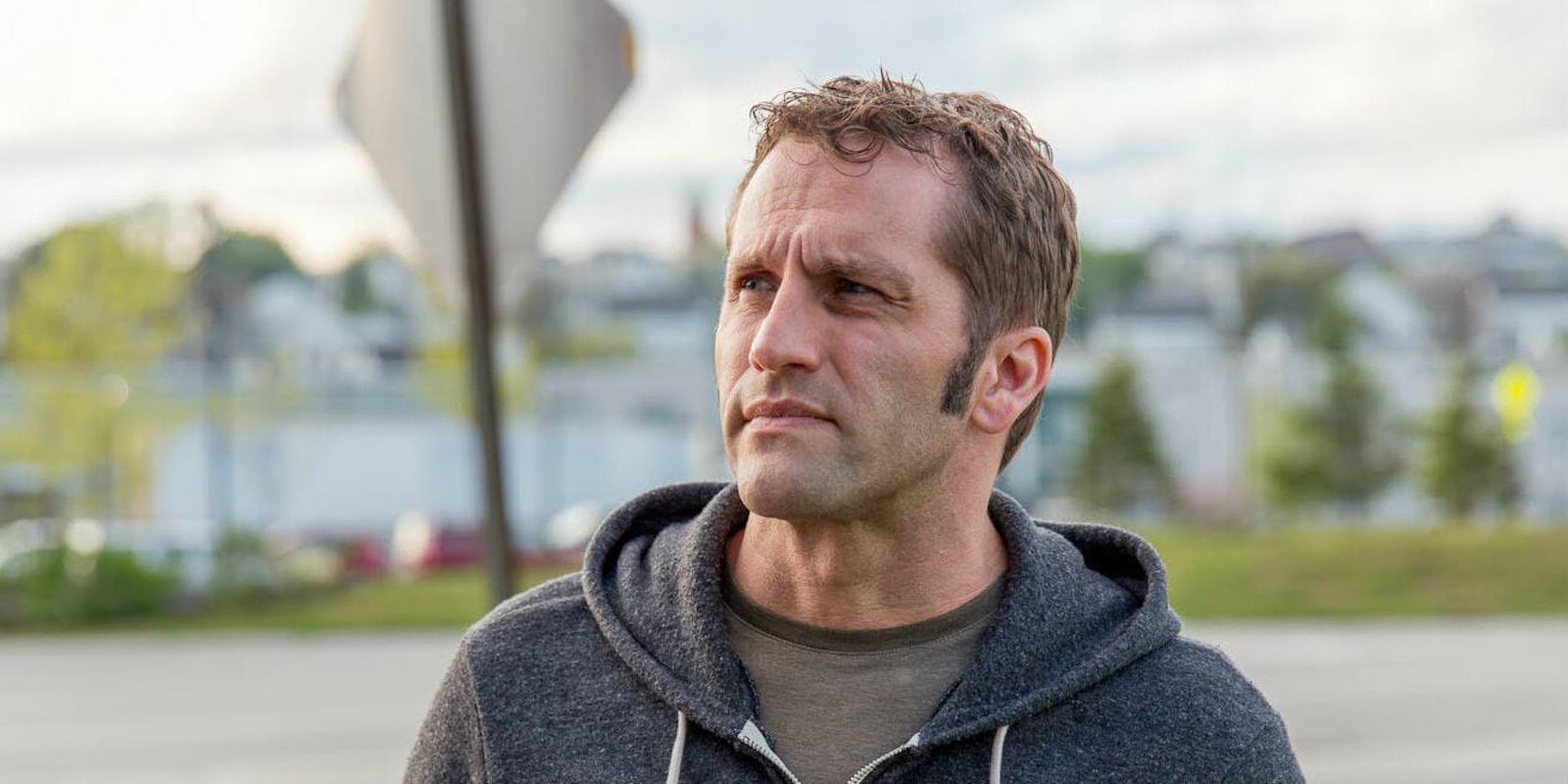Riot Games, the developer of the popular League of Legends game, published an apology on the company’s website today after multiple former employees came forward with reports of workplace harassment and sexism.
Titled “Our First Steps Forward,” the company detailed several initiatives that are aimed at improving the culture at Riot Games, including training sessions, reevaluating the recruitment process, and a hotline to submit complaints. The company also says it will “leave no room for sexism or misogyny” and that “inclusivity, diversity, respect, and equality are all non-negotiable.”
The allegations of workplace harassment and a toxic, sexist company culture at Riot Games were first reported on extensively by Kotaku earlier this month.
A couple of days ago, Barry Hawkins, who formerly worked at Riot Games, shared a lengthy and critical blog post detailing his time at the company, and the lack of action he claims to have witnessed from management in dealing with numerous allegations of workplace harassment.
I am often asked, “Why did you leave Riot?”
— Barry Hawkins (@barryhawkins) August 27, 2018
I usually say something like, “Cultural differences emerged between myself and some of senior leadership, so I chose to leave.”
In light of what has publicly surfaced the last few weeks…https://t.co/5Ya3MsslKa https://t.co/pC61omHIYP
“So this is it. This is going to be the thing,” Hawkins wrote in the post, introducing an incident that spurred him to finally speak with management about workplace behavioral issues.
Hawkins details how after a year at Riot Games, he had risen to the position of Director of Product Management, a position that reported directly to co-founder Marc Merrill. Hawkins says that over time he began to notice more and more emails containing language like “the other team raped us” or “if I fucked your wife.” His efforts to reorient problematic employees were ultimately fruitless, it seems.
“The aggressive behavior was constant, often daily, and the need to counteract it really wore on me, though I think the drain I experienced as a straight white male was nothing compared to what others at Riot endured,” Hawkins wrote.
The event that spurred Hawkins’ eventual departure from the company came in the spring of 2013. A Q&A session was hosted, with Merrill and fellow Riot Games co-founder Brandon Beck speaking and offering wisdom focused on recruiting key job candidates. Eventually, the talks diverged into an anecdote about a candidate who refused a job offer but eventually changed their mind and accepted it.
“At the end of that example, Brandon laughed and said, ‘I was about to say something.’ He paused, and then went on to say, ‘No doesn’t necessarily mean no.’ The next five to eight seconds seemed like minutes,” Hawkins wrote.
Hawkins hoped the phrase had been an unfortunate slip of the tongue, but later saw the same phrase on a slideshow presented by a female recruiting lead.
Hawkins goes on to describe how he emailed Beck, hoping to discuss the use of the phrase, which then led to tense meetings between Hawkins, Beck, Merrill, and the heads of the communications and legal teams.
“The head of Communications said that we were edgy, and that if we as Riot started chipping away those edges, we would become shapeless and bland, like EA or Blizzard,” Hawkins wrote.
Hawkins says he began to feel ostracized at work, on a “culture fit” watch of sorts. He eventually left in February 2014, choosing to not publicly state his reasons why.
Perhaps most importantly, Hawkins widely echoes and agrees with the allegations made in Kotaku’s extensive report on the same issues, a story they took months to produce. In the report, multiple women allege they were either asked derogatory comments or were told them, including such highlights as “how big is your e-peen?” when discussing their gaming habits and frequent interruptions during meetings.
After reading the report, Hawkins said “all the old pain and memories came back as if my experience had just happened,” but that he was not a source consulted for the story.
“I do not think that much of leadership would actively condone sexism and the mistreatment of women,” Hawkins wrote. “However, when confronted with what they would need to change about their behavior to prevent an environment that nurtures sexism and mistreatment of women, they have an established record of being unwilling to make those changes.”
You can read Hawkins’ full blog post here.
Other former Riot Games employees have since posted their own accounts of harassment at the company. Kristen Fuller, who says she worked at Riot for over two years, detailed a history of aggression from male managers. Megan Marie, now a community manager at Tomb Raider developer Crystal Dynamics, says certain Riot Games employees would make lewd comments about women passing by, sending messages to the girlfriend of a male coworker asking if she was “DTF” or “down to f***,” and more.
Since Hawkins published his blog post, other developers inside and outside of Riot Games have echoed their support on Twitter.
https://twitter.com/mikeBithell/status/1034367799504896000
It’s pretty ironic having men explain to me how I should feel and what I should do regarding the issues women face at Riot Games and the industry in general.
— Janelle Wavell-Jimenez (aka Stellari) (@thejanellemj) August 20, 2018
I’ll say the same thing that I’ve said to people within Riot: you could just try listening :)
In an email to the Daily Dot, Riot Games spokesman Joe Hixson said the company “can’t address specific claims and stories broadly except to say that we’re taking them all extremely seriously and investigating them.”
“[G]iven how sensitive these issues are and how difficult we know it was for people to come forward with their stories, we’re taking privacy extremely seriously on all of this,” he said.


